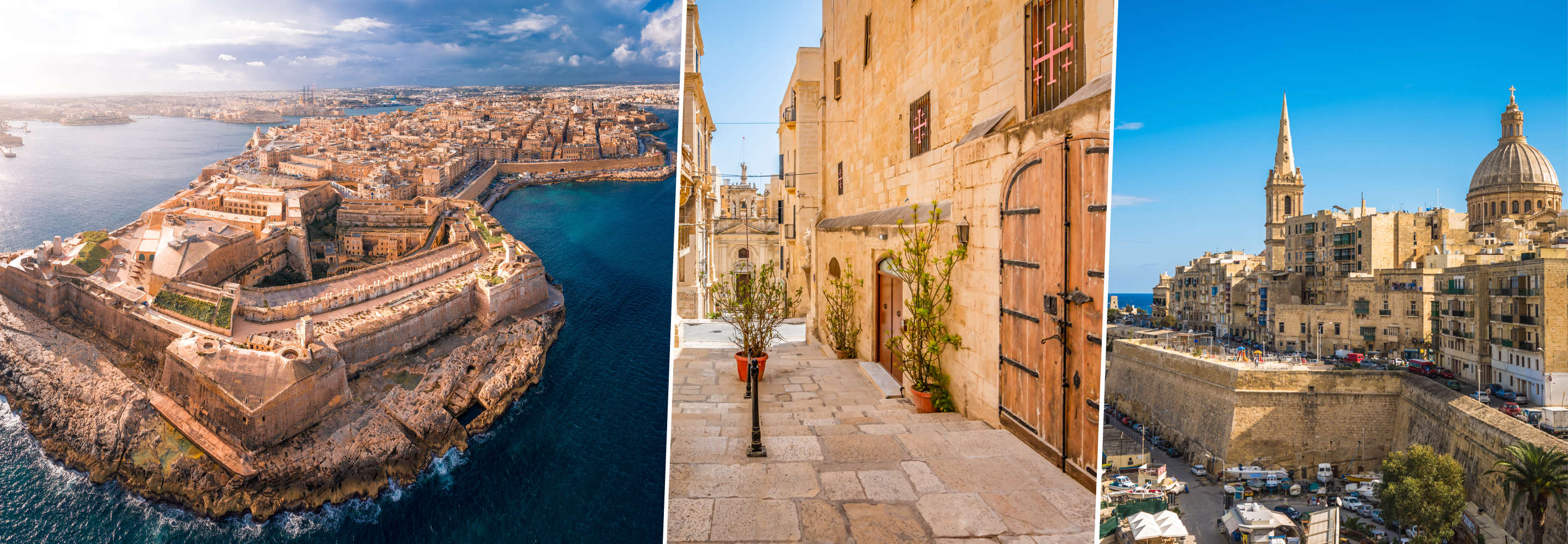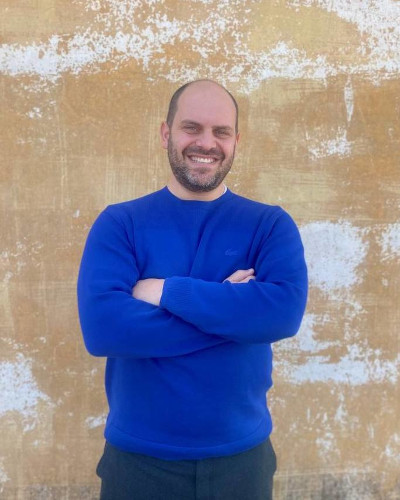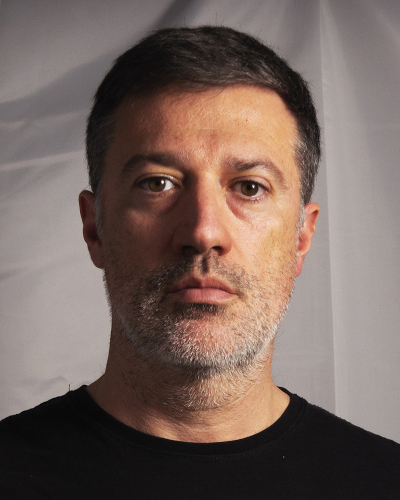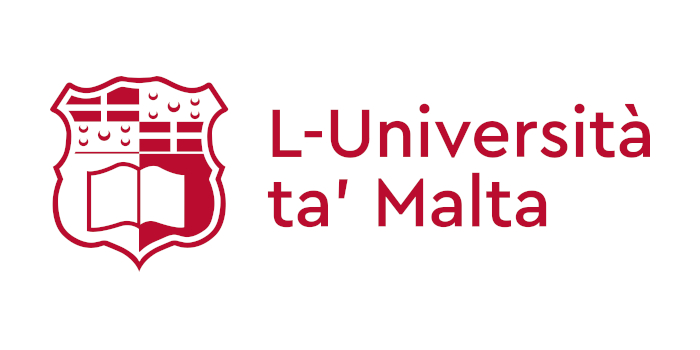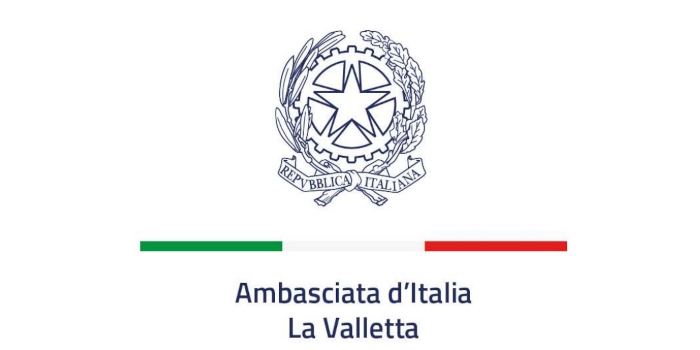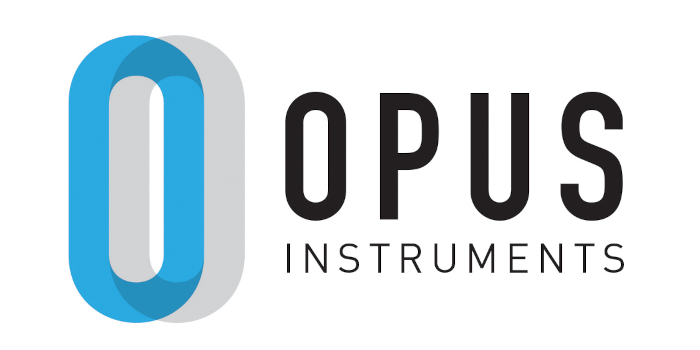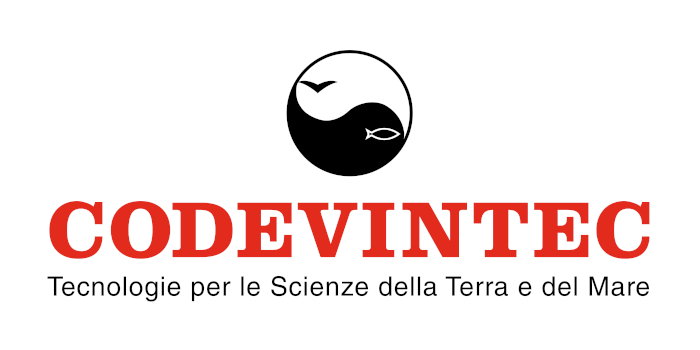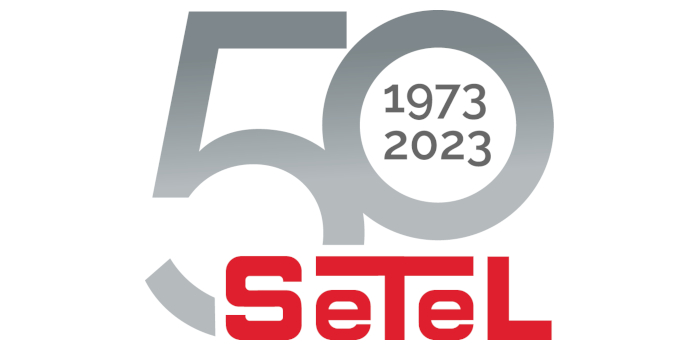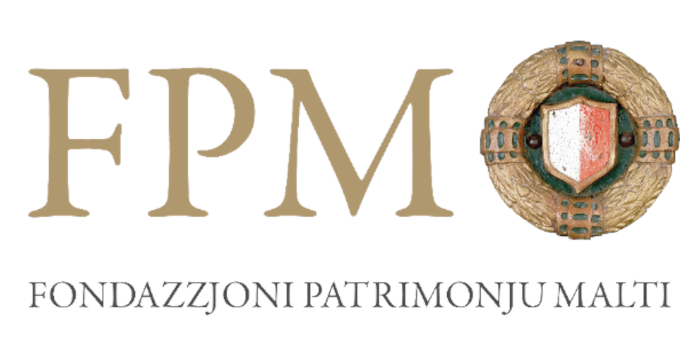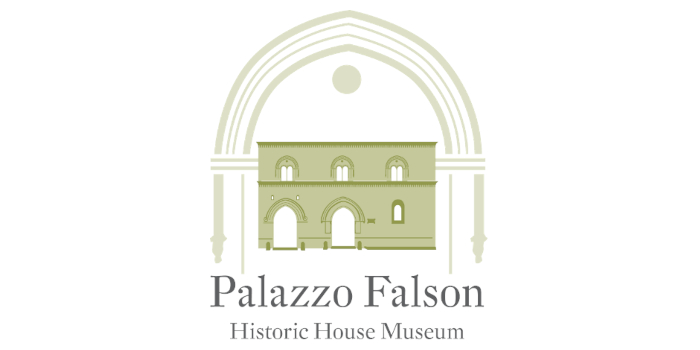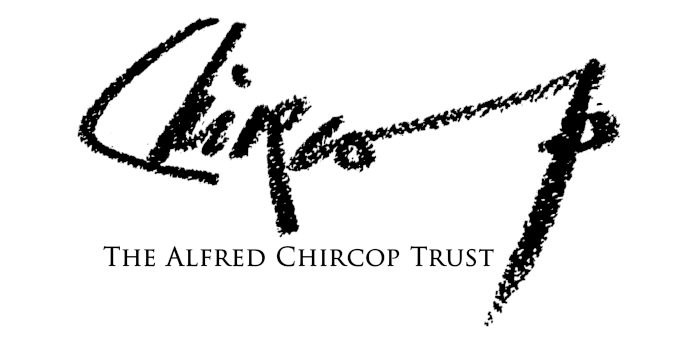SPECIAL SESSION #25
Genius Loci: Methods and Code for Measuring Historical Phenomena, Ancient Landscape Dynamics, and Mechanisms Through IT Heritage Methodologies
ORGANIZED BY
Paolo Rosati
DigiLab, Sapienza University of Rome, Italy
Filippo Fantini
Department of Architecture, Alma Mater Studiorum – University of Bologna, Italy
ABSTRACT
Since ancient times, measuring space and time has been one of the prerogatives of complex human groups that became civilisations. From a lexical point of view, the main distinction between civilised and non-civilised peoples is in knowing how to design. It is the prerogative of civilisation to be able to create cities, monumental complexes, drainage, roads, hydraulic systems, art, objects, mechanical systems and automation.
Design is the art of combining natural, human and technological resources over time, having the perspective of the systems' long or very long life to be realised. In this session, we want to hold talks on the measurement of the earth, and the traces of ancient design of systems at various scales: geographical, topographical, urban, architectural and mechanical. Interventions in history and archaeology also declined using new technologies (CAD, GIS, 3D Modelling/rendering, 3D Printing, AI, and Coding). Methods and code to find the traces of the Genius Loci, i.e. the minds that modelled landscape systems, cities and Mirabilia of antiquity (not necessarily Roman) with their metrological systems.
ABOUT THE ORGANIZERS
Paolo Rosati, board member of ArcheoFOSS APS and organiser of the 14th-15th-16th ArcheoFOSS Open software, hardware, and processes (conferences years 2020, 2021, 2022). As president of Una Quantum Inc. from 2015 to 2020, managed a team of researchers in archaeology and digital innovation. During those years, this team developed new functions for Pyarchinit, the first Open Source Qgis plug-in for archaeologists. I am the teaching team leader with eight years of experience in Qgis for the humanities. The PhD was awarded on 04/2016 at the University of L'Aquila with research on the economic sustainability of software development in archaeology and the development and application of new open-source methods in the humanities. From 2018 to 2021 post-doc at Sapienza University of Rome in the ERC project led by Prof. Paola Buzi: PAThs "An Archaeological Atlas of Coptic Literature". In 2022 I'm a member of the Albania and Sudan mission of Sapienza University of Rome. Since 2022 post-doc at the Digilab https://digilab.uniroma1.it of La Sapienza University and, for the laboratory itself, I am one of the managers of the PNRR heritage projects. Drone driver and mission manager. Scientific Director of the "Villa Garibaldi Museum of Cultures" in Riofreddo (Rm) years 2020-2023 and the Museum Oraziano in Licenza (Rm) year 2023.
Filippo Fantini, Associate Professor at the Department of Architecture (DA) of the Alma Mater Studiorum - University of Bologna, Ph.D. in Science of Surveying and Representation of Architecture at the University of Florence. From 2009 to 2011 had a “Santiago Grisolia” scholarship at the Instituto de Restauración del Patrimonio (IRP) of the Polytechnic University of Valencia focused on Ancient Greek and Roman Theatres. Current projects are focused on design analysis of vaulted spaces carried out using digital surveying techniques, 3D Modelling, Procedural and Reverse Modeling.

